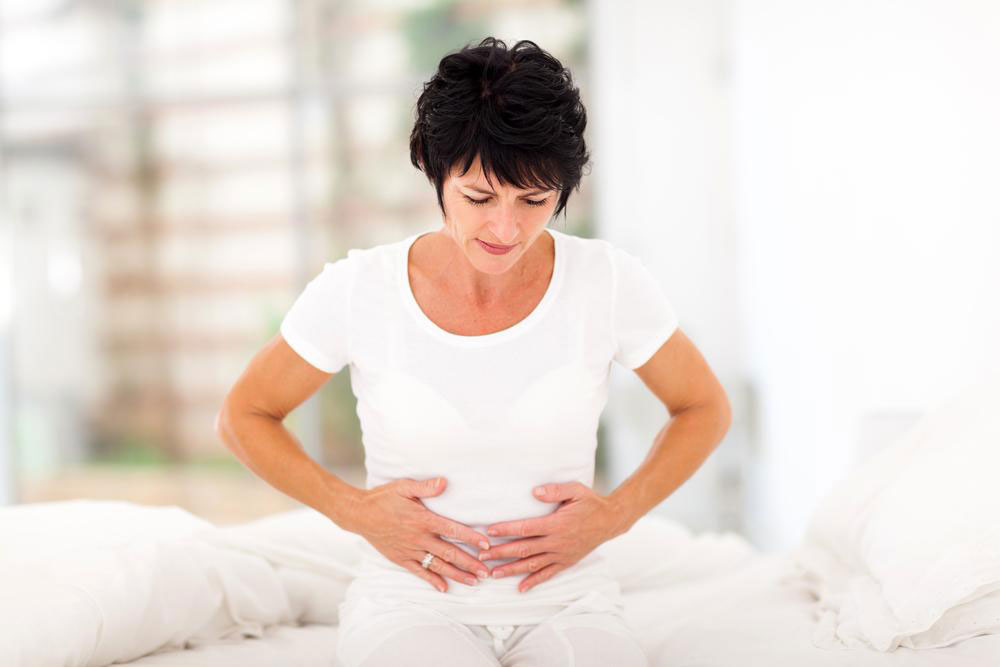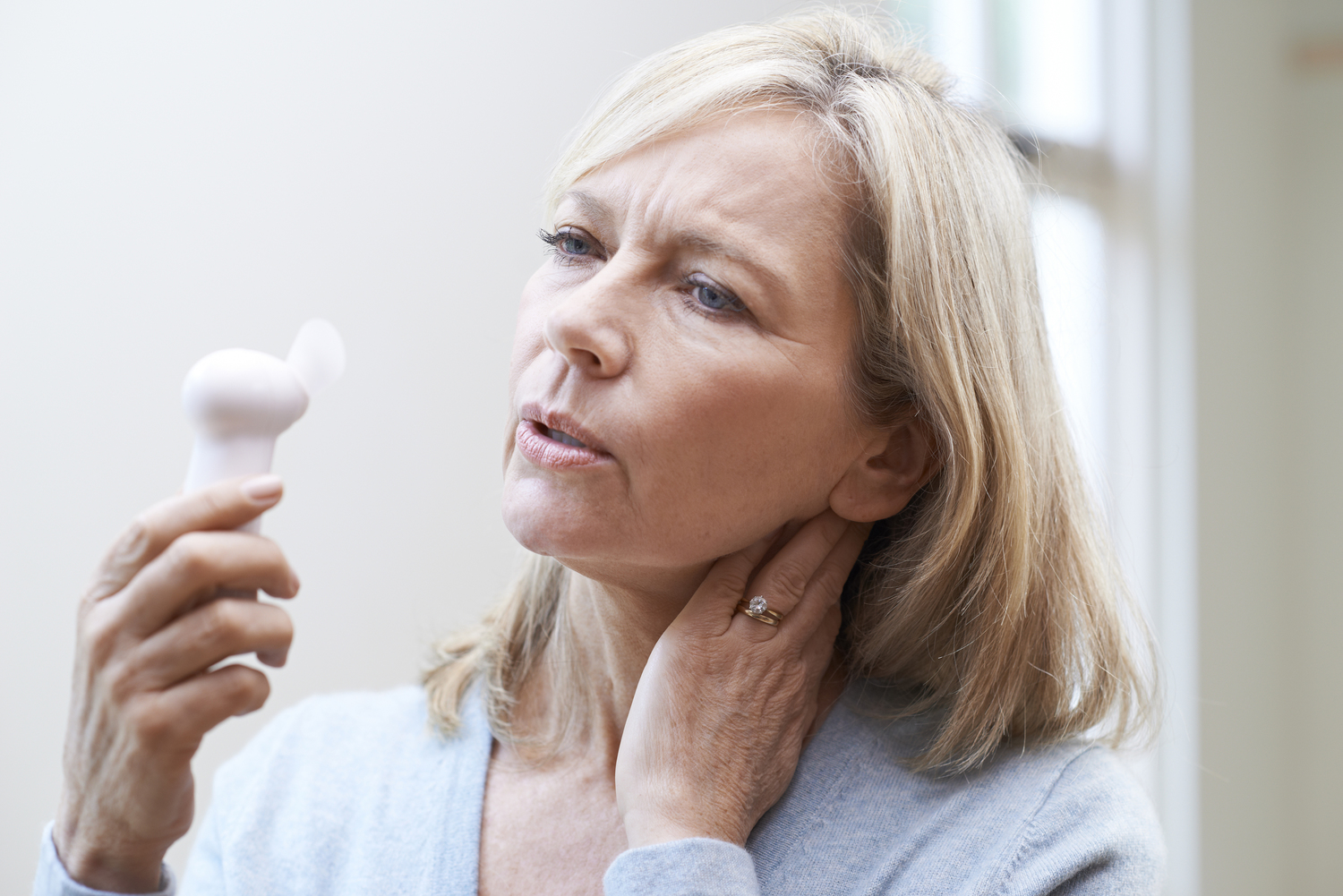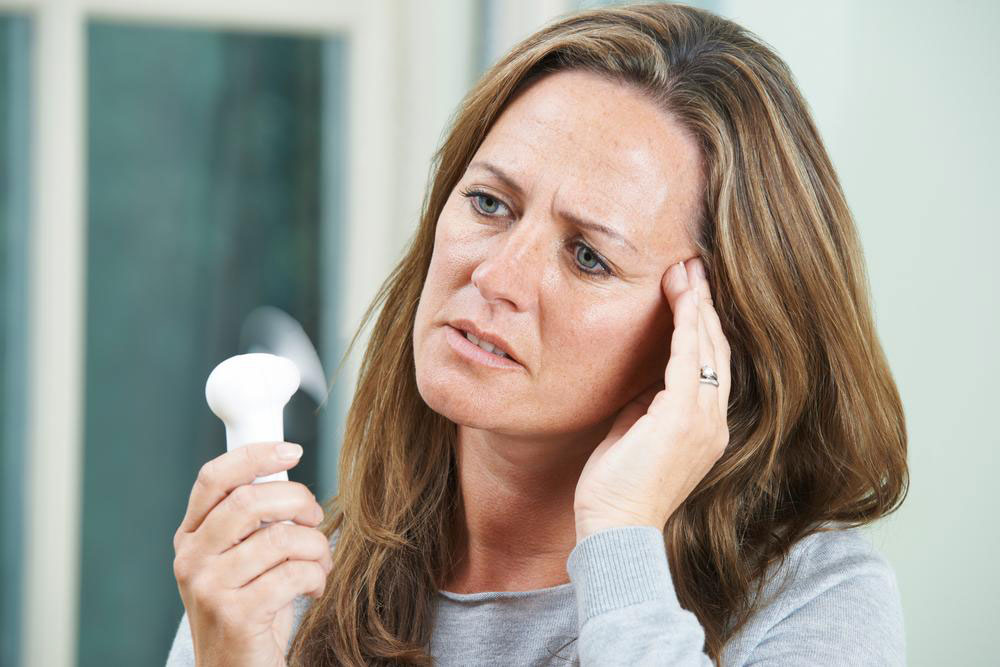Understanding Menopause: Key Symptoms and Effective Management Strategies
Menopause is a natural phase in a woman's life characterized by various physical and emotional changes. Recognizing common signs such as irregular periods, hot flashes, vaginal dryness, sleep issues, and fatigue helps women seek timely medical support. Effective management strategies, including lifestyle adjustments and medical treatments, can significantly improve comfort and quality of life. This comprehensive guide provides insights into menopause symptoms, their causes, and practical approaches to navigate this transformative period with confidence.

Understanding Menopause: Key Symptoms and Effective Management Strategies
Menopause is a significant milestone in a woman's life, marking the end of her reproductive years. Typically occurring around age 51, menopause can begin earlier or later, influenced by various factors. While some women may experience only mild symptoms, others face more intense menopausal challenges that impact daily life. Recognizing the warning signs of menopause is crucial for timely intervention and effective symptom management. As estrogen levels decline with age, women may encounter a range of physical and emotional changes, including hot flashes, irregular menstrual cycles, sleep disturbances, mood swings, and vaginal dryness. Staying informed about these signs enables women to seek professional guidance and adopt lifestyle measures that can alleviate discomfort and improve quality of life.
Menopause signifies the natural cessation of ovarian function and menstrual cycles, driven by hormonal fluctuations primarily involving estrogen and progesterone. These hormonal shifts play a central role in the physical and emotional symptoms experienced during menopause. Various external factors, such as smoking, can influence the age at which menopause begins, often accelerating its onset. The experience of menopause varies widely among women, with some having minimal symptoms and others facing a spectrum of physical and emotional changes. Recognizing early signs of menopause allows women to implement appropriate lifestyle adjustments and consult healthcare providers to develop personalized treatment plans tailored to their needs.
Comprehensive overview of common menopause symptoms include:
Irregular Menstrual Cycles
One of the earliest signs many women notice is changes in their menstrual patterns. These alterations can manifest as cycles that become lighter or heavier, shorter or longer than usual. Such fluctuations are primarily due to the decreasing production of estrogen and progesterone in the ovaries, affecting the regularity of periods. Spotting between periods or unpredictable bleeding may also occur, indicating hormonal imbalance linked with menopause. Monitoring these changes can provide early insight into approaching menopause and help in planning appropriate health strategies.
Hot Flashes and Night Sweats
Hot flashes are among the most common and recognized symptoms, affecting approximately 75% of women during menopause. These sudden heat surges often cause flushing, sweating, and a sensation of intense warmth, particularly on the face, neck, and chest. The severity and frequency vary among individuals, with some experiencing occasional episodes and others facing persistent, disruptive hot flashes that impair daily activities. Night sweats, similar in nature, can disturb sleep and contribute to daytime fatigue. The decline in estrogen levels triggers these hot flashes, and they tend to diminish over time but may persist for several years in some women.
Vaginal Dryness and Discomfort
The reduction in estrogen affects the moisture and elasticity of vaginal tissues, leading to dryness, itching, and burning sensations. This condition often causes discomfort during sexual activity, potentially affecting intimacy and emotional well-being. To mitigate these symptoms, women can use over-the-counter vaginal moisturizers and lubricants. For more severe cases, medical interventions such as localized estrogen creams or pessaries may be recommended by healthcare providers to restore tissue health and ease discomfort.
Sleep Disruptions and Insomnia
Many women experience difficulty falling asleep or waking up early during menopause, resulting in poor sleep quality. Frequent awakenings, night sweats, and anxiety can exacerbate sleep problems. Improving sleep hygiene—such as maintaining a consistent sleep schedule, engaging in relaxing pre-bed routines, and avoiding caffeine or electronics before bedtime—can significantly enhance rest. Incorporating regular physical activity and warm baths before bed may also promote better sleep. In some cases, healthcare professionals may suggest melatonin supplements or other treatments to address persistent sleep issues.
Persistent Fatigue and Decreased Energy
Ongoing fatigue is a common complaint among women in menopause, often accompanied by feelings of low energy, difficulty concentrating, and mood swings. Hormonal imbalances, sleep disturbances, and emotional stress contribute to this persistent tiredness. Addressing fatigue involves a multi-faceted approach, including dietary adjustments, regular exercise, stress management techniques, and medical consultation for hormone therapy or supplements if appropriate. Restoring hormonal balance can significantly improve energy levels and overall well-being during menopause.
Additional menopausal symptoms may include mood swings, irritability, hair thinning, reduced libido, weight fluctuations, dizziness, and bloating. Early identification and effective management of these symptoms are essential for maintaining health, comfort, and quality of life during this transition. Investing in proper healthcare, adopting healthy lifestyle habits, and staying proactive about menopausal changes ensure women can navigate this stage with confidence and resilience.





